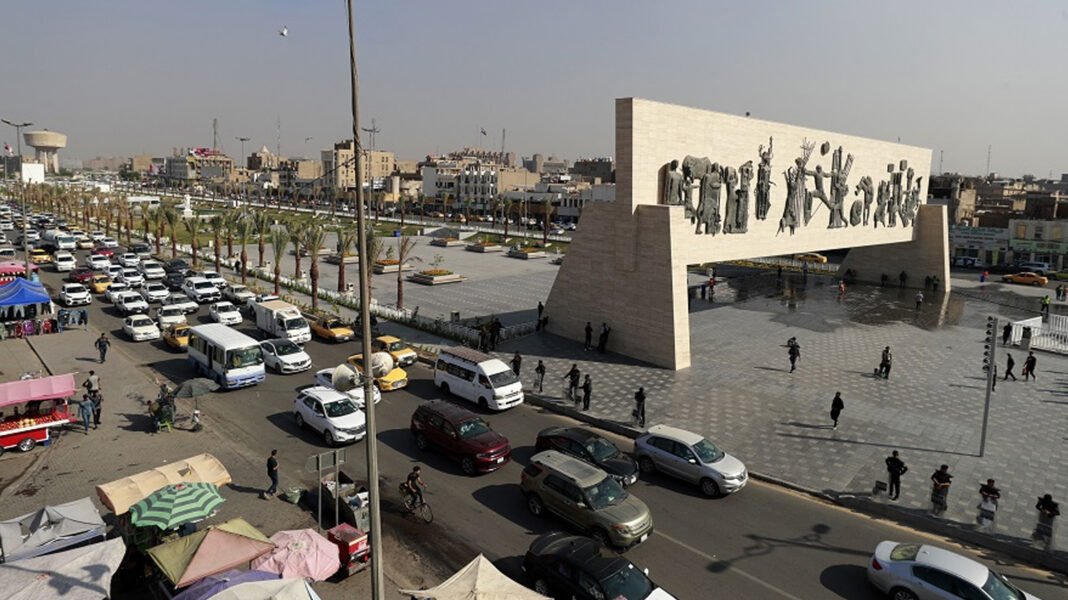Iraq’s local industry crumbles as foreign imports flood the market and government support remains absent. Iraqi industrialists and economists warn that the country is on the brink of losing its production base entirely. With over 90% of products in local stores imported, Iraq’s economy leans dangerously on foreign supply chains.
From frozen foods to daily household goods, imported items dominate shelves across Iraq. Official data shows that Turkey alone exported over $12 billion worth of products to Iraq in 2024. These figures reveal just how deeply reliant Iraq has become on external economies.
Consumers explain that imported goods offer higher quality and better value. “Everything we buy is imported because the local product isn’t good and doesn’t last long,” one shopper said. Others expressed a desire to support Iraqi products but admitted they often don’t meet expectations.
Local industrialists accuse powerful actors of blocking domestic revival. “The open-border import policy serves the interests of specific individuals who profit enormously,” said Mohammed Abd Mohammed, Deputy Head of the Iraqi Industries Federation. He argues that these actors have no interest in supporting national industry and instead benefit from an economy driven by imports.
Economic experts warn that Iraq’s import dependence poses serious financial risks. Future drops in oil prices could leave the country exposed. Without local production, Iraq may struggle to provide even basic goods. Experts call for immediate action, urging the government to reduce imports by half and support domestic production.
Therefore, the roots of this crisis run deep. Iraq’s industry suffered decades of war, sanctions, and mismanagement. After 2003, poor governance and weak planning led to mass factory closures and the loss of hundreds of thousands of jobs. Despite repeated promises, no clear recovery strategy has ever taken hold.
Industrialists are now demanding real change. They call for factory reopenings, tax breaks, and regulations that give Iraqi products a chance in the market. They argue this will not only protect the economy but also create much-needed employment.
Without urgent policy reforms, observers fear Iraq’s industry may vanish altogether. The country could lose a key pillar of national development, leaving it even more vulnerable to global shocks.
In short, Iraq’s local industry crumbles due to three main causes. First, excessive imports outcompete local goods. Second, vested interests block reforms. Third, decades of damage remain unaddressed.


